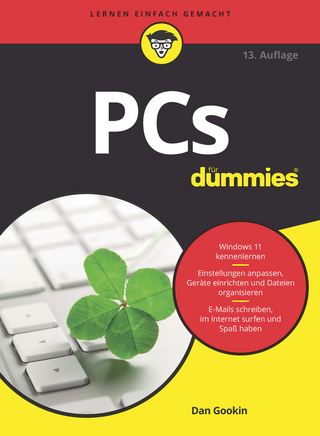
Empirical Foundations of Information and Software Science V
Kluwer Academic/Plenum Publishers (Verlag)
978-0-306-43709-0 (ISBN)
- Titel z.Zt. nicht lieferbar
- Versandkostenfrei innerhalb Deutschlands
- Auch auf Rechnung
- Verfügbarkeit in der Filiale vor Ort prüfen
- Artikel merken
I. Keynote Address.- Software for Human Hardware?.- II. Invited Papers.- Software Process Modeling: The TRIAD Approach.- Modeling the Software Design Process.- Methodological Principles of Uncertainty in Information Systems Modeling.- CAST — Modelling Approaches in Software Design.- Organizational Integration: Modeling Technology and Management.- Parallel Models in Software Life Cycle.- III. Modeling Methodologies.- A Methodology for Eliciting Users Cognitive Models of Computer-Based Systems.- Use of a Blackboard Framework to Model Software Design.- The Entity-Relationship Data Model Considered Harmful.- Automatic Generation of Conceptual Database Design Tools.- IV. Modeling Information Systems.- Modeling and Evaluation of Information Systems.- Static vs. Dynamic Information Systems Modeling: A Cooperation Based Approach. ..- Architectural Modeling of Complex Information Systems.- A Management Model for Effective Information-Use in Research Work.- Software Implementation and Applications of the Generalized Information System.- V. Modeling Human-Machine Interaction.- Building a User Modelling Shell.- Evaluation of Human-Computer Interface Development Tools: Problems and Promises.- Modelling Human Machine Interaction: Techniques for Prediction of Performance.- A Model of the Operator’s Task in Diagnostic Problem Solving.- Intent Inferencing with a Model-Based Operator’s Associate.- Computer Aided Decision Making Using Uncertain and Imprecise Information.- VI. Models of Language Use.- Statistical Models of Language Use.- A Speech Act Based Model for Analyzing Cooperative Work in Office Information Systems.- Quantitative Regularities of the Diversity of Lexical Meaning.- VII. Database Models.- Database Management Models for Reusability in Integrated SoftwareEngineering Environments.- An Adaptive Data Distribution Model For Distributed Databases Based on Empirical Measurement of Local and Global Database Transactions.- Implementing Recursive Data Structures in ADA.- VIII. Software Measurement and Metrics.- ADA Reusability Analysis and Measurement.- Object-Based Measurement in the Requirements Specification Phase.- Comparison of Subjective Entropy and User Estimates of Software Complexity.- A Metrics-Driven Approach to the Automatic Acquisition of Software Engineering Knowledge.- IX. Software Engineering.- Observing ADA Software Components.- KEESEE: A Behavioral Object-Oriented Database Framework for Software Engineering.- Environmental Effects on the Detection of Errors in Software Systems.- X. Software Reusability.- Issues in Reusable ADA Library Tools.- Verification and Validation of Reusable ADA Components.- The Rapid Center: A Model for Software Reuse Policy.- Knowledge Based Tools for Reusable ADA Software.- Model for Life Cycle Reusability in Information and Software Engineering.
| Zusatzinfo | 490 p. |
|---|---|
| Sprache | englisch |
| Themenwelt | Mathematik / Informatik ► Informatik ► Software Entwicklung |
| Informatik ► Weitere Themen ► Hardware | |
| ISBN-10 | 0-306-43709-0 / 0306437090 |
| ISBN-13 | 978-0-306-43709-0 / 9780306437090 |
| Zustand | Neuware |
| Haben Sie eine Frage zum Produkt? |
aus dem Bereich


